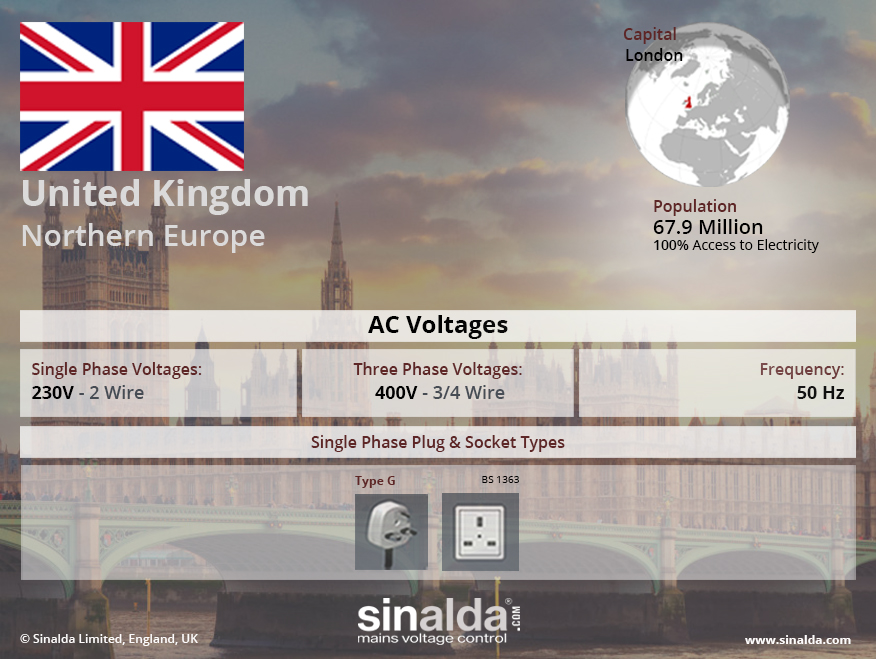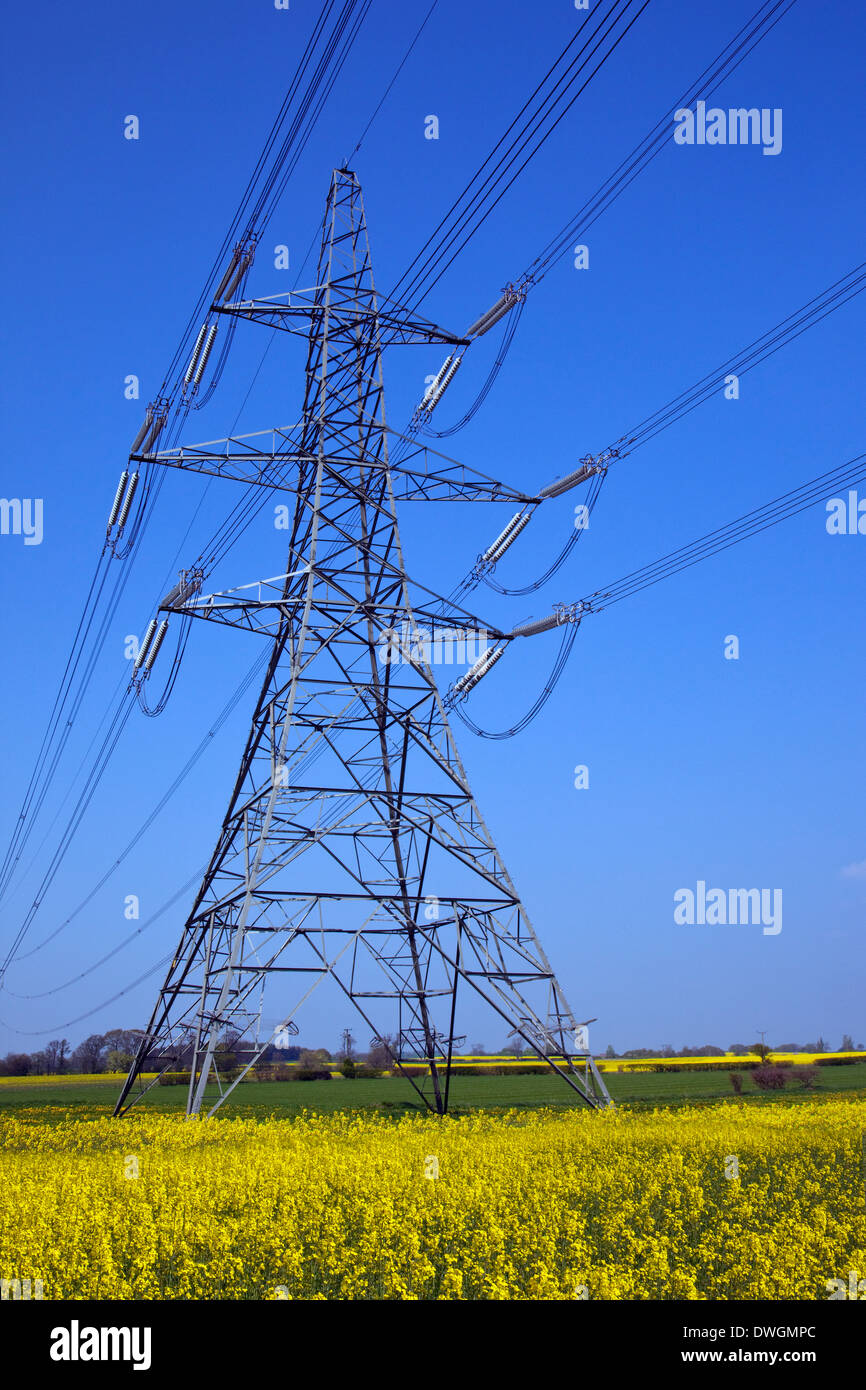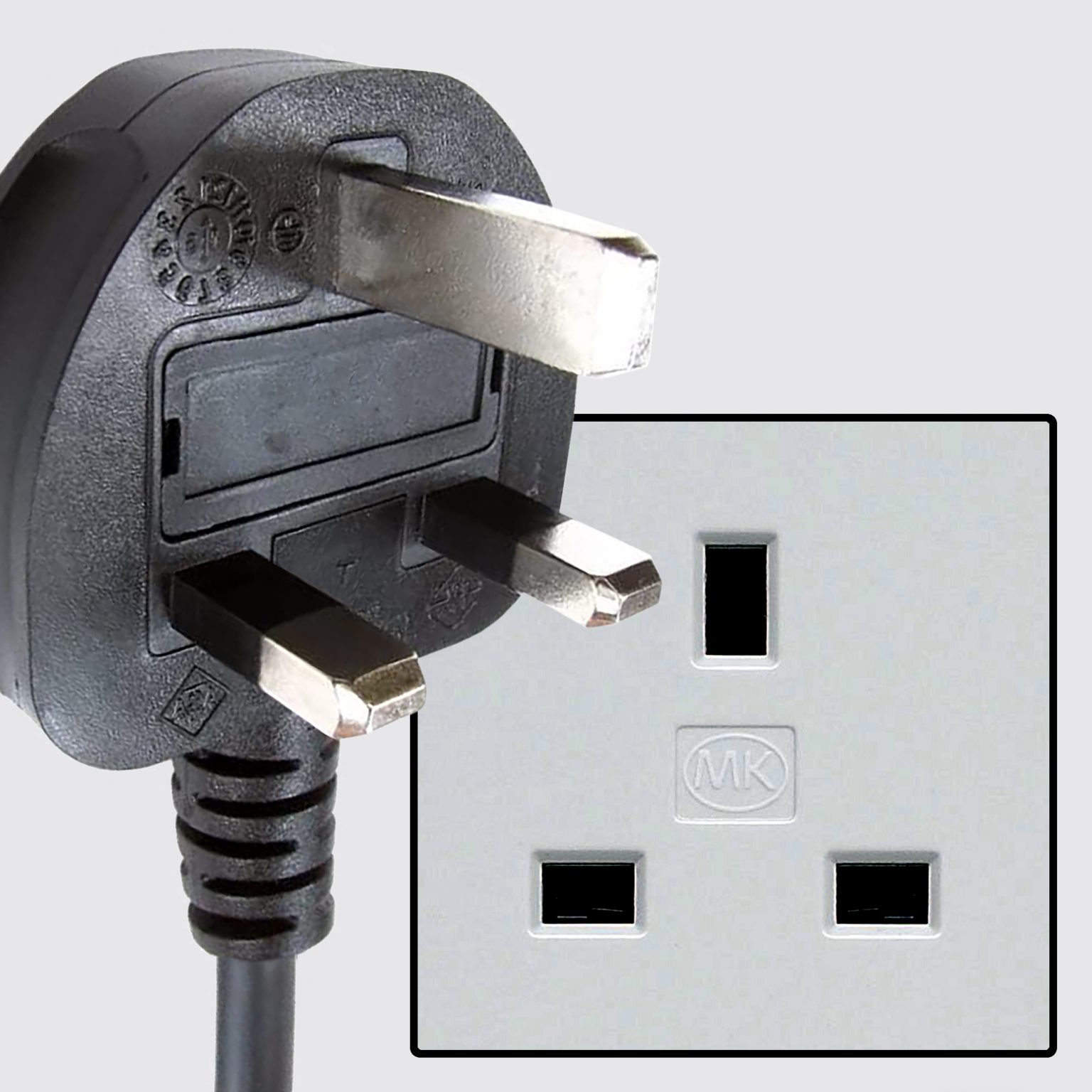UK Electricity: Adapters, Voltage & What You Need To Know
by Beverly Ortiz May 04 2025
Are you planning a trip across the pond, eager to explore the historical charm and vibrant culture of the United Kingdom? Then understanding the electrical landscape of the UK is absolutely essential to keep your devices safe and your trip running smoothly. This comprehensive guide delves into the intricacies of the UK's electrical system, ensuring you're well-prepared and informed.
The United Kingdom, like much of Europe, operates on a 230-volt electrical system with a frequency of 50Hz. This contrasts significantly with the 120-volt system common in North America. This difference in voltage is a crucial factor for anyone traveling with electronic devices. Devices designed for a lower voltage may require a converter or transformer to function correctly and safely. Failure to use the correct equipment can lead to device damage or even pose a safety risk.
The electrical outlets in the UK are of Type G, easily identifiable by their three rectangular holes, including a ground pin. These sockets are different from the two-prong or three-prong outlets found in North America, meaning North Americans will need an adapter to plug in their devices. Furthermore, many UK outlets include a small switch, which must be turned on to allow electricity to flow. These details are essential for understanding how your devices will connect and operate in the United Kingdom.
- The Ninth Gate 1999 Cast Crew And More Details
- Free Movie Download Guide Your Source For Streaming More
To further understand the electrical specifications, the following table summarizes the key points for easy reference.
| Aspect | Details |
|---|---|
| Standard Voltage | 230V |
| Frequency | 50 Hz |
| Outlet Type | Type G (three rectangular prongs) |
| Need for Adapter | Essential for North American devices |
| Need for Converter | Often required for North American devices (check device specifications) |
| Typical Devices Compatible Without Converter/Adapter | Dual-voltage devices (check device label) |
The impact of voltage differences on your electronics cannot be overstated. Devices designed for 120V, a standard voltage level in the United States and Canada, may be damaged or even destroyed if plugged directly into a 230V outlet without the proper protection. To safely use these devices, a voltage converter or transformer is necessary. A voltage converter steps down the voltage from 230V to 120V, enabling your devices to operate safely. A transformer provides a similar function, often incorporating additional safety features. For dual-voltage devices, which are designed to operate on a range of voltages (e.g., 100-240V), you may only need a plug adapter, simplifying the process.
When traveling from North America, you'll need both a plug adapter and a voltage converter or transformer. The plug adapter allows your device's plug to physically fit into the UK's Type G outlet. The voltage converter ensures the correct voltage reaches your device, preventing damage. The combination of these two items will safeguard your electronics while you're in the UK.
- John Nick Stapleton Parkinsons Scams More Latest News
- Explore Aj Wilson Sports Complex Aja Wilson News Latest Updates
The frequency of electrical current, measured in Hertz (Hz), is another consideration. While the United Kingdom operates at 50Hz, compared to 60Hz in North America, most modern electronic devices are not significantly affected by this difference. However, some older or highly specialized devices, particularly those relying on precise timing (such as older clocks), may experience some performance issues. Modern electronics are typically built to handle a range of frequencies, minimizing any potential problems.
Navigating the electrical requirements of the United Kingdom is a critical part of travel preparation. Understanding the voltage, frequency, and outlet types will ensure a seamless experience, protecting your electronics and ensuring you stay connected and powered throughout your trip. The standard voltage in England, matching the rest of the UK, is 230V at 50Hz. This knowledge allows travelers to make informed decisions about the right adapters and converters, thereby preventing any potential difficulties.
Considerations for your trip to the United Kingdom include the fact that you'll need a travel adapter to use your devices with the Type G outlets. Also, it's highly recommended to determine if you will need a voltage converter, based on the device specifications. Without a voltage converter, there is risk of serious damage. As the standard voltage in the United Kingdom is 230v, which is higher than what most North American devices typically operate at (120v).
When you check your devices, confirm that they are dual voltage. Dual voltage devices are compatible with a range of voltages. This is an important consideration because it simplifies the travel preparation, potentially eliminating the need for a voltage converter. This compatibility information is usually displayed on the device itself or within its power adapter. Look for phrases such as "Input: 100-240V" or a similar range, indicating dual voltage capability.
For travelers originating from the United States and Canada, the significant difference between the 230V standard of the United Kingdom and their home country's 120V means that special care is required. It is vital to take additional preparation to ensure the safe use of your devices, including acquiring both an adapter and a voltage converter to avoid device damage.
It's important to clarify the potential confusion regarding voltage adapters and converters. A power adapter solves the issue of different plug types, so your device can physically plug into a wall outlet. A voltage converter, on the other hand, adjusts the voltage to match the specifications of your device. Often, these devices are sold as a combined unit, simplifying the process.
Even the equipment used in the United Kingdom is different from the equipment used in the United States. Electrical wiring in the United Kingdom is built to serve several purposes, including domestic, commercial, and industrial operations. The Type G outlets, coupled with a standard voltage of 230V and a frequency of 50Hz, necessitate the need for adapters, and potentially converters.
When visiting England, you will encounter the same 230V and 50Hz standard as the rest of the UK. This understanding is key to ensure safe and effective use of your electronics. This is important when you consider that some electronic clocks use frequency to measure time.
For additional information regarding the electrical system in the United Kingdom and guidance on adapters and converters, consult reliable sources such as travel websites or electrical supply retailers.
The correct preparation ensures that you can charge your phone, use your laptop, and power your other essential gadgets without any complications, allowing you to make the most of your trip. By understanding and planning for the electrical specifics of the United Kingdom, you'll be well-equipped to explore with peace of mind.
For those planning to attend conferences or events that may involve high voltage, it's prudent to confirm power supply details beforehand. The upcoming International Conference on Electrical, Computer and Systems Engineering (April 10), for example, or any other high-voltage conferences that are hosted within the United Kingdom in 2025, 2026, or 2027, attendees should verify the electrical specifications of the venue. This will minimize the risk of damaging equipment.
In summary, to enjoy a smooth and trouble-free trip to the United Kingdom, remember these key points: The UK uses Type G outlets. The standard voltage is 230V at a frequency of 50Hz. North American devices usually need both a plug adapter and a voltage converter/transformer. Check if your device is dual voltage. And finally, for added peace of mind, pack the right accessories and enjoy your stay.



Detail Author:
- Name : Beverly Ortiz
- Username : tbauch
- Email : jacklyn.cole@hauck.com
- Birthdate : 1980-05-29
- Address : 1967 Chanel Road Apt. 416 Beiertown, NE 83103-1671
- Phone : +1.563.964.8944
- Company : Gutmann-Hayes
- Job : Organizational Development Manager
- Bio : Sunt modi itaque esse. Sequi quis eum velit dolore maiores. Aut cupiditate et cupiditate ut magni quo. Delectus aspernatur repellat et laborum non.
Socials
twitter:
- url : https://twitter.com/larkinb
- username : larkinb
- bio : Rerum est provident omnis ullam exercitationem. Numquam et minus sint. Ut voluptas magni ut temporibus quam debitis.
- followers : 640
- following : 2954
tiktok:
- url : https://tiktok.com/@bradly_dev
- username : bradly_dev
- bio : Non voluptate explicabo voluptas.
- followers : 4697
- following : 2802
linkedin:
- url : https://linkedin.com/in/bradly5551
- username : bradly5551
- bio : Voluptatem beatae saepe sapiente eos assumenda.
- followers : 2026
- following : 1712